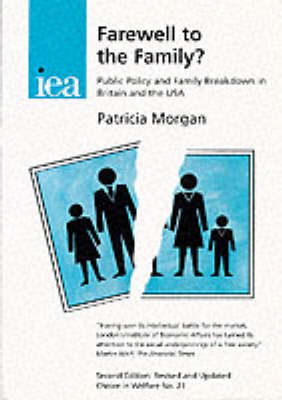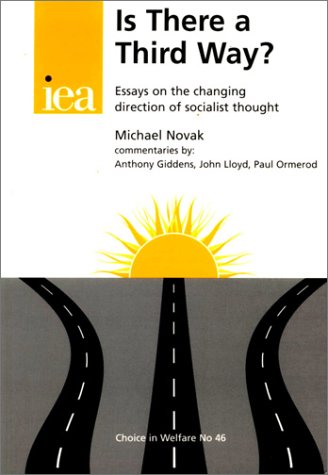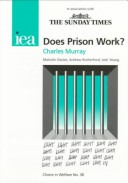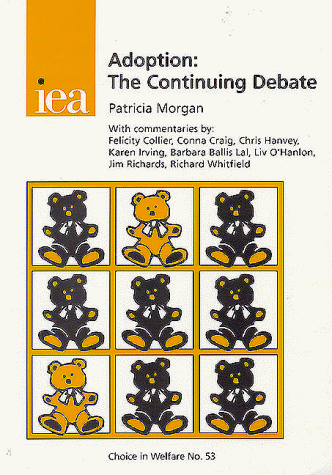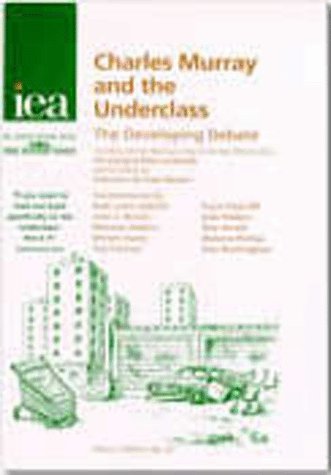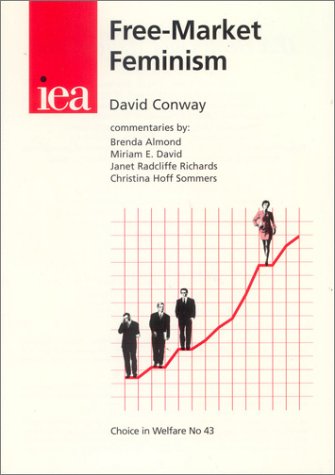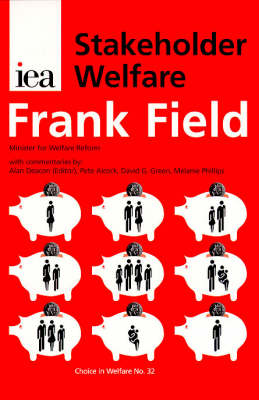Choice in Welfare S.
7 primary works • 13 total works
Book 2
Book 5
Book 13
Book 20
Book 21
"This book is recommended reading for those researchers interested in the economics of lone parenthood" The Economic Journal.
Book 24
Just a Piece of Paper
by James Q. Wilson, Melanie Phillips, Patricia M. Morgan, Norman Barry, and Bryce Christensen
Book 31
However, high-quality childcare is so expensive that it could never be widely available, and those governments which have made ideological commitments to providing it have, in the end, largely given up - except on the rhetoric. "Who Needs Parents? will one day be recognised as the Silent Spring of domestic life" The Guardian. "A study published...this week states bluntly that daycare often harms young children emotionally and educationally, and that they would fare better at home with their mothers." The Sunday Times. "I have been drawing upon an excellent analysis by the British sociologist and family-policy specialist Patricia Morgan, who has written the most definitive account I have so far seen of this entire issue." Commentary. "Morgan has done us a service...arguing against the tide in a neglected area." Howard Glennerster, The Economic Journal. "This book will stir some readers to anger. Others may be relieved that children, who have appeared to take second place in the child care debate, are once more to the fore." Community Care.
No. 46.
Anthony Giddens, Director of the London School of Economics, John Lloyd, Associate Editor of the New Statesman and Paul Ormerod, Chairman of Post Orthodox Economics, all ask whether socialism, or social democracy, can survive in an increasingly competitive global environment. The book concludes with a response from Novak to his critics, making this a valuable guide to the important contemporary debate about the supposed emergence of a Third Way, somewhere between socialism and the market.
No. 38.
v. 53
No.33.
The success of the underclass titles, particularly as teaching aids in schools and universities, has led to the present omnibus edition which contains all of the original material from both volumes, together with a new introduction by Ruth Lister of Loughborough University and an update of the statistics by Alan Buckingham of the University of Sussex. "If you want to read one book specifically on the 'underclass', this is it." Community Care.
No. 43.
No. 32.
Stakeholder Welfare
by Frank Field, Alan Deacon, Pete Alcock, David G. Green, and Melanie Phillips
This collection is designed especially for students of social sciences in universities and sixth forms, and to that end Field's proposals are discussed by critics from a variety of standpoints. Frank Fields' response to his critics makes Stakeholder Welfare a valuable indicator of the main intellectual currents in the welfare reform project. "Mr Field...argues that the age of large-scale redistribution of wealth has gone. He says: 'Politicians who argue otherwise are a public menace'" The Times. "...provides an excellent introduction to the most important question of the next century - how to shape the welfare state" Fabian Review. "Frank Field is the only able politician who is prepared to say bold things about [social security]" Community Care. "Does anyone in Britain know more about social security than Frank Field?" The Tablet.

